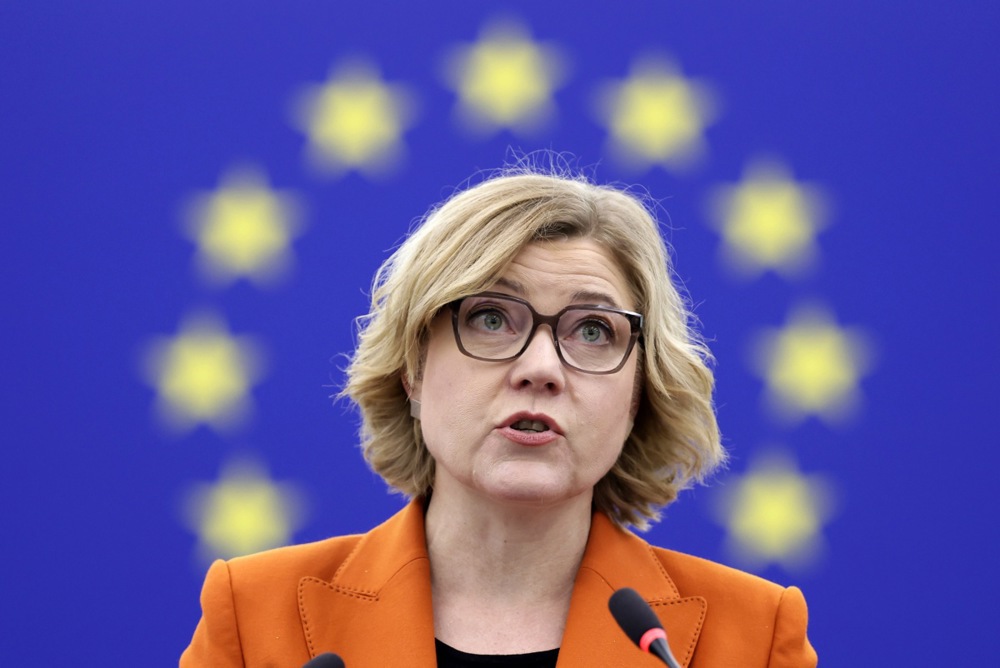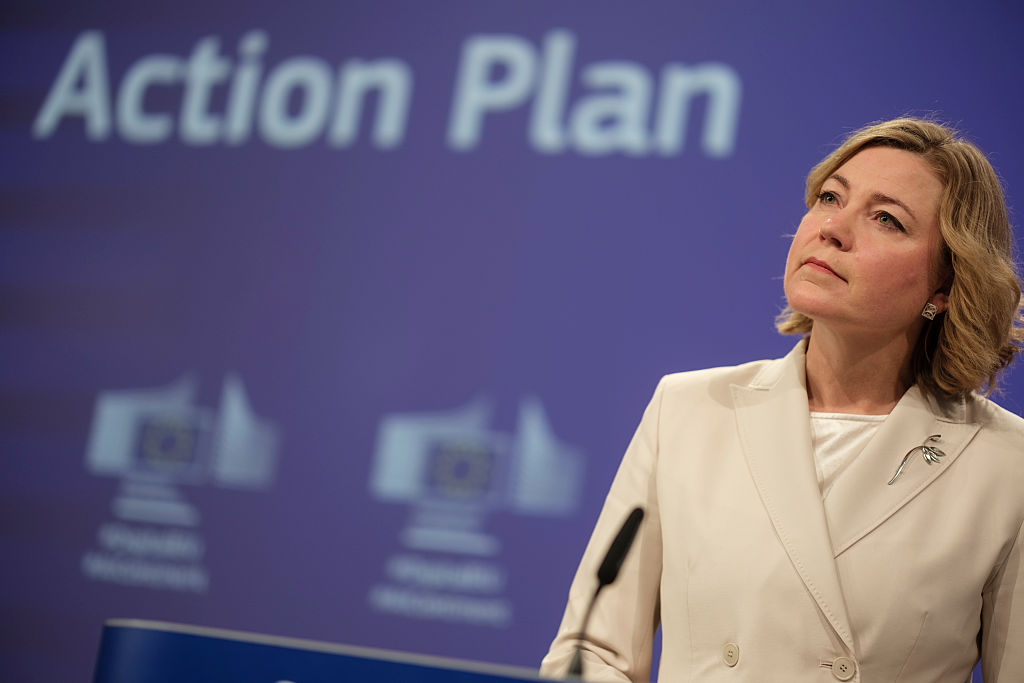The European Commission’s lack of understanding of the digital market it has tried to regulate has harmed the bloc’s competitiveness, according to a member of the European Parliament’s Committee on Industry.
Complying with European Union digital laws has been particularly complicated for companies both from member states and abroad.
The regulators in charge of helping European firms’ understanding of the requirements “do not always understand what they try to enforce”, said MEP Aura Salla of the European People’s Party during a conference on EU digital regulations organised by the European Policy Information Center on April 24.
Their demands regarding foreign companies operating on the EU market “tend to be unclear” – for the same reason, said Salla.
The main regulations mentioned were the Digital Markets Act (DMA) and the Digital Services Act (DSA) The former is the EU’s anti-trust regulation aimed at curbing the power of Big Tech, which recently hit the headlines over the EC’s imposing of fines for Apple and Meta. The latter is the disinformation regulation that has led to the opening of cases against TikTok, X, Apple and Meta. Separately, the AI Act seeks to ban AI systems categorised as “unacceptable risk” — this is still under discussion.
“The market failure the [regulations are] supposed to address is not even clear,” added Giuseppe Colangelo, a professor of European Innovation Policy at Stanford Law School
The lack of clarity highlighted stemmed from the roots of the proposals, he said.
“It is extremely difficult calibrating markets regulations … they lack flexibility.”
The EU’s digital laws have been increasingly associated with the bloc’s struggles to remain internationally competitive.
“Nobody understands how the AI act will be enforced in August and that brings more unpredictability into the market,” said Salla. This is also harmful to competitiveness, she added.
The number of regulations and their lack of clarity plus their “complexity” were incentives for “least successful companies to go to countries were the rules are easier”, said Colangelo.
Small to medium enterprises (SMEs), representing 99 per cent of all businesses in the EU, were not spared, according to Salla.
Competition Commissioner Henna Virkkunen said SMEs were not concerned by the AI Act, which is being debated at the European Parliament.
But “SMEs work for bigger companies and their goal is ultimately to get bigger”, countered Salla.
Part of the discussions about the AI Act are taking place within the EP’s Committee on Industry, Research and Energy (ITRE).
“But we do not feel included in the process,” said Salla, a member of the committee.
“The proposal came from the Commission … and we do communicate a lot with the Commissioners but we cannot send them a concrete message if we do not know what is on their mind,” she said.
There have bee calls for simplifications coming from the EC, for SMEs and overall digital rules, as well as a planned “digital fit check” but it remained unclear what that actually meant.
Teresa Ribera, Commissioner for a Clean, Just and Competitive Transition “did not come once to ITRE”, according to Salla.
The EC’s Executive Vice-President for Tech Sovereignty, Henna Virkkunen, “came to exchange points of view, but [said] nothing concrete”, she added.
The absence of the two Commissioners was also noted previously, as they were not in Brussels and did not hold a press conference when the DMA fines for Apple and Meta were announced.
In the transatlantic trade war and in the general geopolitical competition around AI, the EU was not considering data transfers “enough” Salla said.
“Behavioural dates, not privacy ones, are needed to train AI … and European companies do not have enough of them,” she claimed. “We rely a lot on the US for that”.
The same went for cross border risk capital, Sallas said. “When European companies need money … they call the US.
“We need to address that too,” she added.





